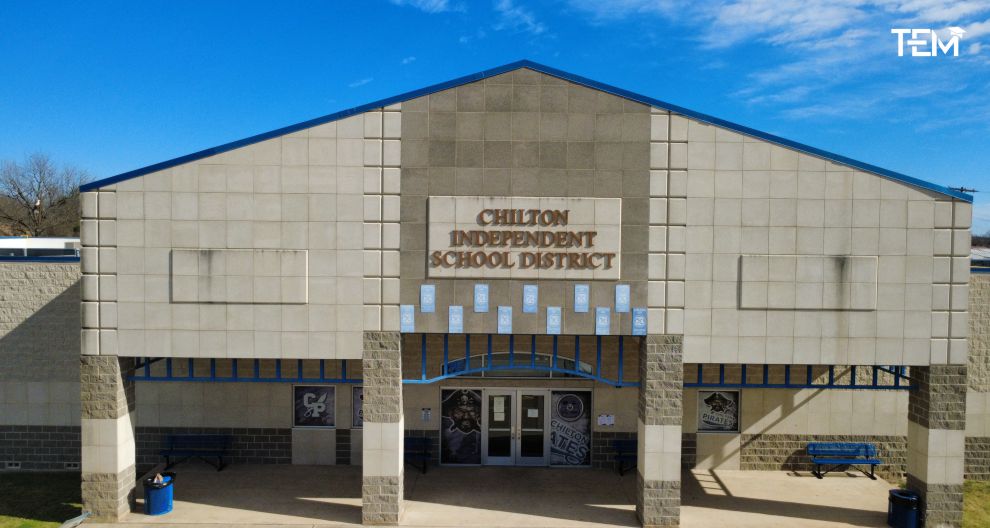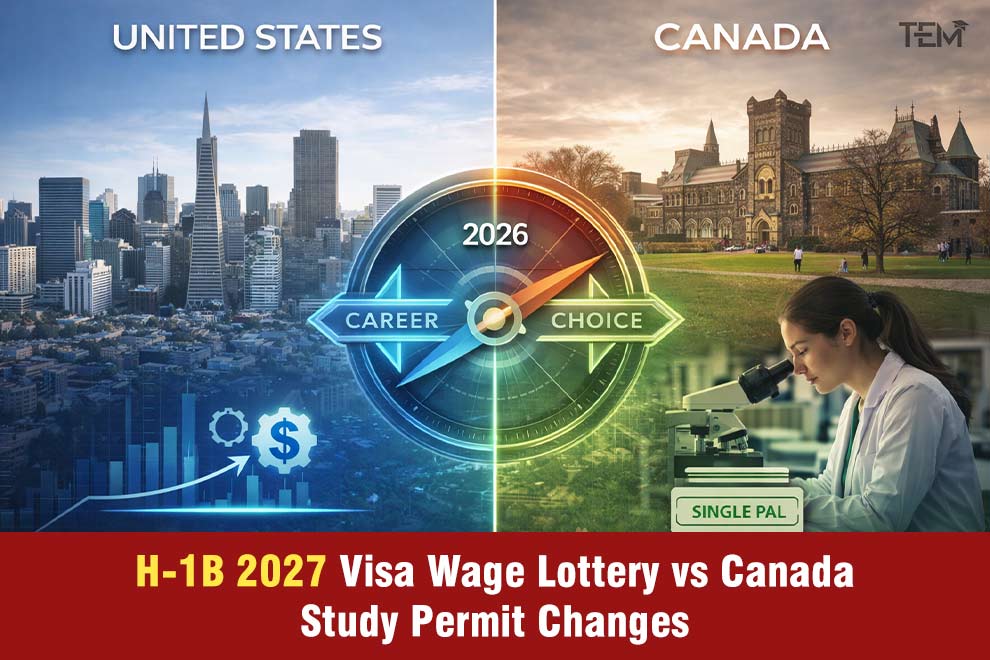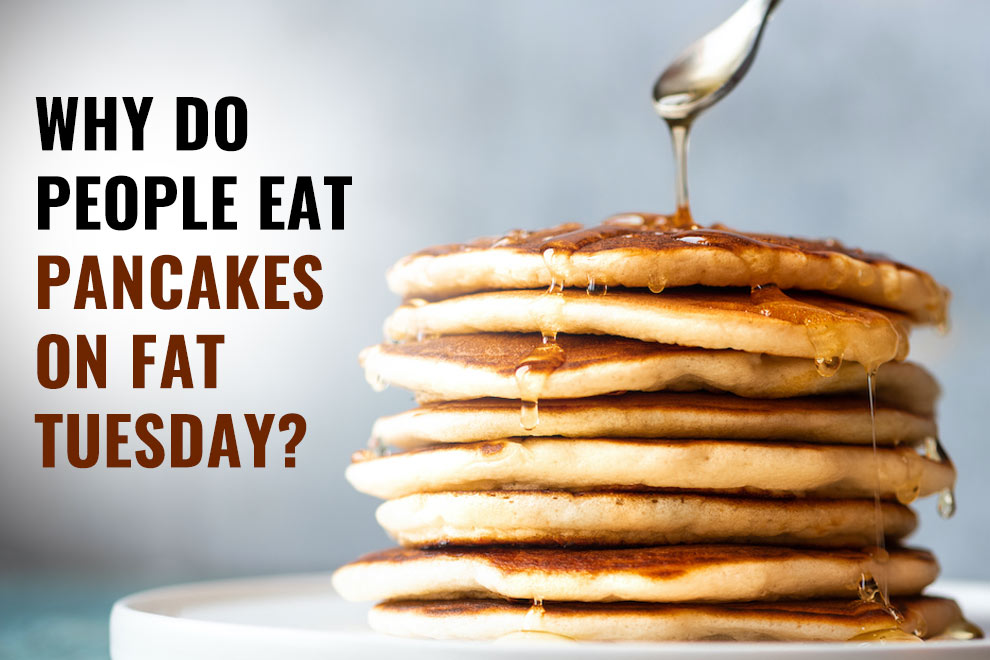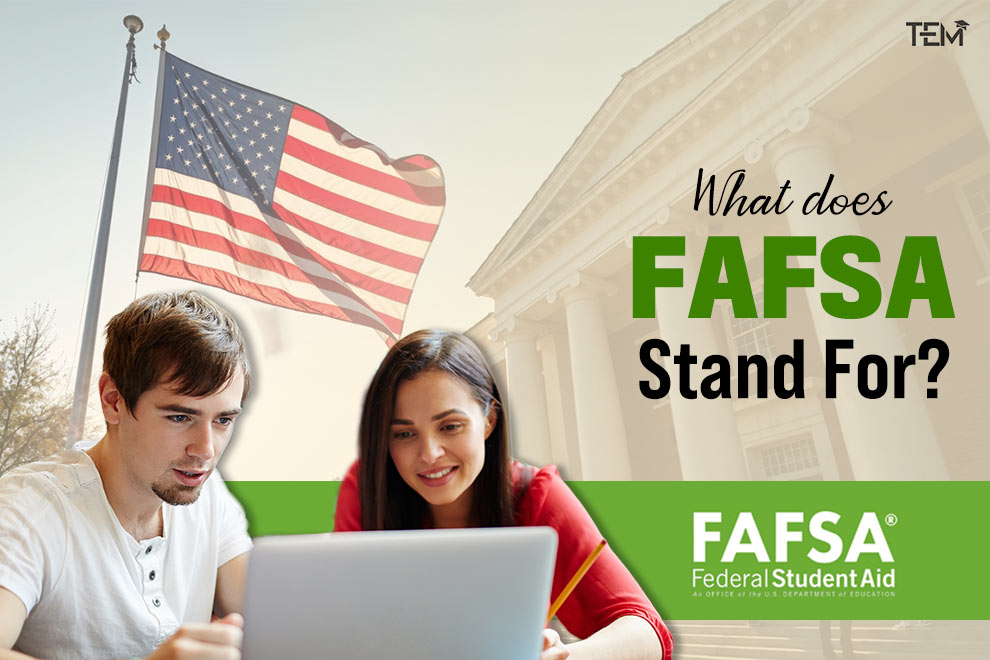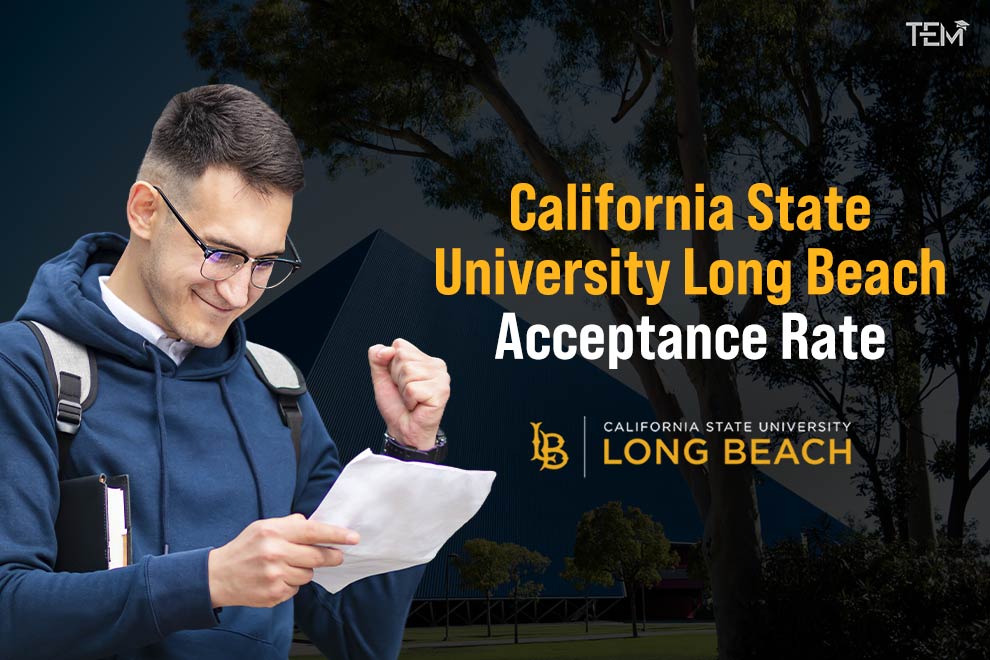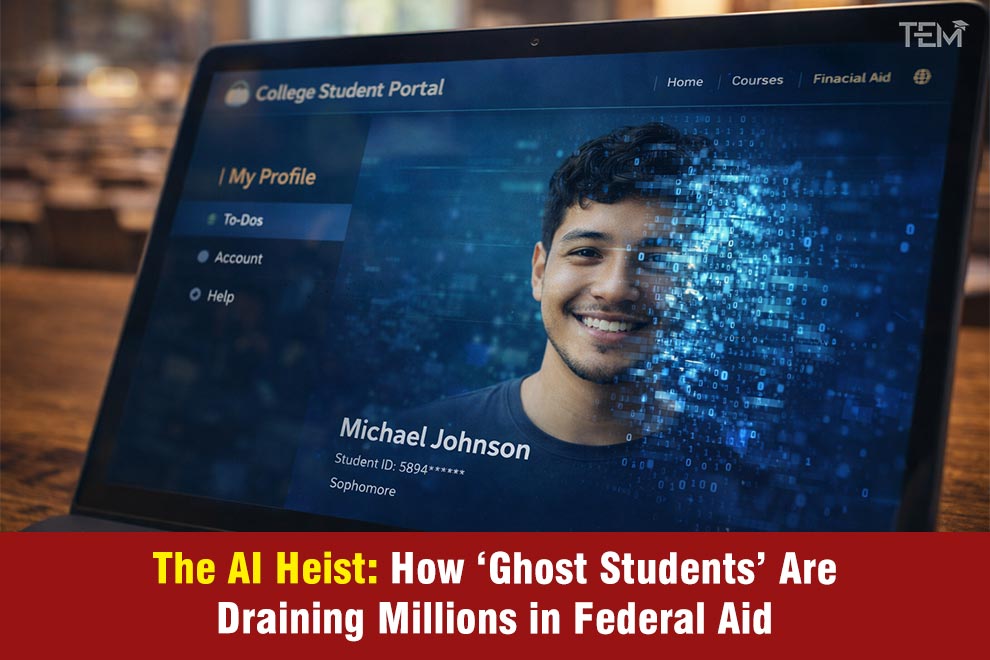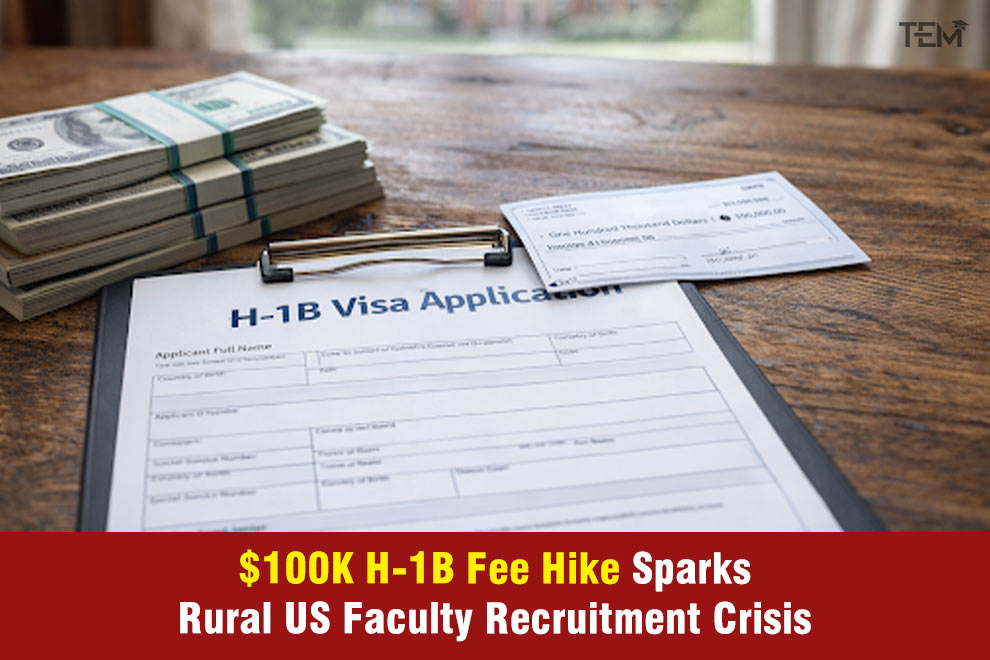The Education Magazine
June 12, 2025
The fight over what kids learn in school is getting louder. With influential figures like Linda McMahon of the America First Policy Institute backing the charge, the debate over who controls the classroom is raging. A groundswell movement for parental rights in education is gaining steam, but it’s also sparking a tough question: Is this about empowering parents, or is it political theater that ignores what’s happening in schools?
Across the country, a movement under this banner is changing the rules for American schools. Fueled by conservative leaders and think tanks, the core argument is simple: parents, not bureaucrats, should have the final say. They are pushing for the power to pull their kids from lessons they object to and the right to inspect every piece of curriculum. As Linda McMahon, who has long pushed for local control, put it, “The best education is closest to the child.” For supporters, it’s about taking back control they feel was lost long ago, especially after the frustrations of the pandemic.
The ‘Woke’ Crusade
At the heart of the argument for parental rights in education is the word “woke.” It’s become a political shorthand for just about anything critics dislike, from lessons on race and history, often mislabeled as Critical Race Theory (CRT), to social-emotional learning and policies inclusive of LGBTQ+ students. Groups like Moms for Liberty have risen to national fame by challenging library books, sparking a historic number of ban requests.
Political leaders have harnessed this energy. Florida Governor Ron DeSantis framed his state’s Parental Rights in Education Act as simple common sense. “We are not going to allow our schools to be hijacked by woke ideology,” he said. The message to supporters is clear: We are protecting kids from being indoctrinated.
But educators and civil liberties groups see it differently. They argue the panic is a smokescreen. CRT, they point out, is a high-level academic theory, not something taught in second-grade history. A report from American Oversight put it bluntly, stating, “This political crusade has bewildered educators nationwide and left them in fear of politically motivated termination.”
A Chilling Effect in the Classroom
So what does this mean inside the schoolhouse doors? Teachers and principals say it’s creating a “chilling effect.” New laws are often vague, and the fear of a lawsuit from an angry parent is very real. The result is that teachers are starting to second-guess their lesson plans and steer clear of any topic that might stir up trouble.
The definition of “controversial” keeps expanding. Glenn Branch of the National Center for Science Education warned that even established sciences like evolution and climate change could be next on the chopping block.
This leaves schools in an impossible spot, caught between state laws and their duty to give students a full education. Teachers feel the squeeze most. Randi Weingarten, head of the American Federation of Teachers, sees these campaigns as something more sinister—an effort to “destabilize and destroy public education” and pave the way for privatization.
Public education is now caught in the crossfire. Will this push for parental rights in education build a stronger bridge between parents and schools, or will it just dig the trenches deeper in our culture wars? No one knows the long-term fallout for students yet. But finding a way to respect the rights of parents without silencing teachers is now one of the toughest challenges facing our schools.
Also Read: The University of Liverpool to Launch Bengaluru Campus in 2026






